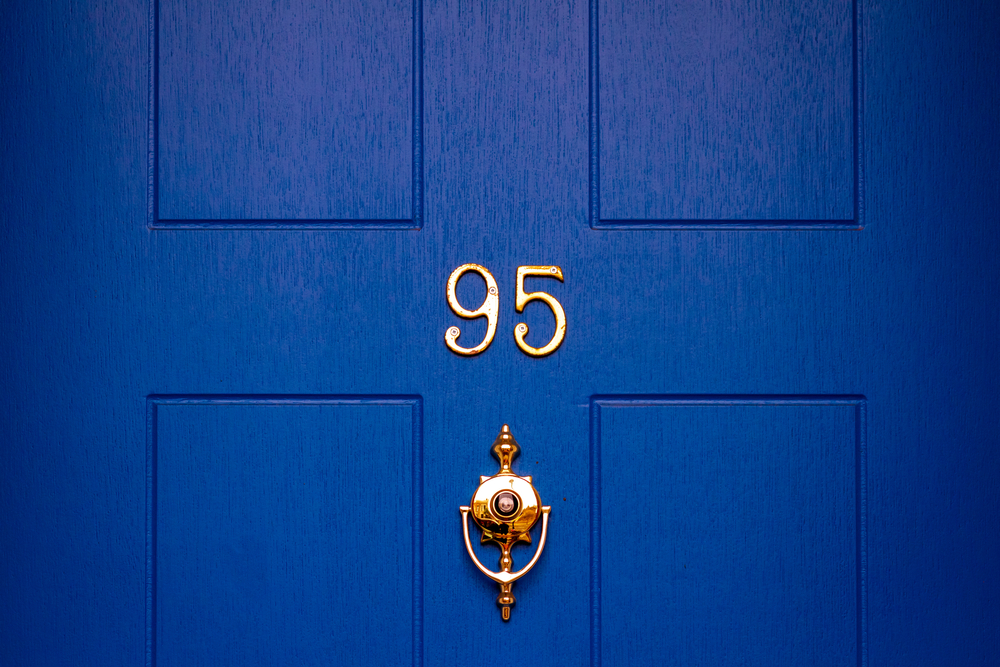
Inheritance tax receipts for the six months to September came in at £4.3bn, up some £400m on a year ago, according to HMRC figures.
The higher figure is attributed to a mix of “higher volumes of wealth transfers” and rising property prices, the customs department says.
The data comes amid intense speculation that next week’s budget could include changes to inheritance tax designed close exemptions around business and agricultural relief in a bid to raise billions of pounds.
Inheritance tax is not liable on estates worth less than £325,000.
But after this, the standard rate above this threshold is 40%, although there are exemptions for agricultural land, businesses, some shares and pensions.
Last year this tax raised £7.5bn and affected 4.4% of estates on death in the 2021-22 tax year.
However, tax experts say that because this threshold has been frozen since 2009, while property prices have risen over that period, more people have been drawn into the tax.
Chancellor Rachel Reeves is set to deliver Labour’s first Budget for 14 years on 30 October.
Evelyn Partners tax partner Laura Hayward says: “The steady annual rise in inheritance tax receipts has been ingrained in recent years as inflation has dragged more assets and more estates over the frozen nil-rate bands.
“Any changes aimed at increasing the inheritance tax take beyond this fiscal drag effect are likely to reap outsize results over the coming years as the baby boomer generation reaches average mortality.
“So it’s no surprise inheritance tax is at the centre of Budget speculation again, with firm reports claiming business and agricultural property reliefs will be reformed and the gifting rules revamped.
“We have spoken to many people this summer who were bringing forward plans to gift substantial assets, not just to start the seven-year clock ticking, but also to pre-empt an expected capital gains tax rise.”
Quilter Cheviot technical consultant David Denton adds: “The reform or even closure of several tax reliefs such as agricultural and business relief, which were touted when the first rumours of potential budget changes broke, could have the knock-on effect of Aim shares losing their inheritance tax break — a move that would seem entirely at odds with a government looking to drive growth and investment in UK assets.
“Historically, inheritance tax has been viewed as a tax on the wealthy, but this is simply no longer the case.
“Inheritance tax is one of the most hated taxes in Britain and can be incredibly polarising given the rich can often avoid it by employing expertise to help them navigate the complexities of the tax and the available reliefs, while those without such resource can be disadvantaged.
“According to the government, the average UK house price now sits at £293,000, rising significantly in certain areas of the country such as London and the South East.
“This leaves just £32,000 before the full nil rate band is exhausted and someone’s estate becomes exposed.
“However, given just yesterday Rightmove reported that the average new seller asking price is now £371,958, this could automatically make £46,958 of someone’s home taxable if they are not entitled to use the complex residence nil rate band.”



